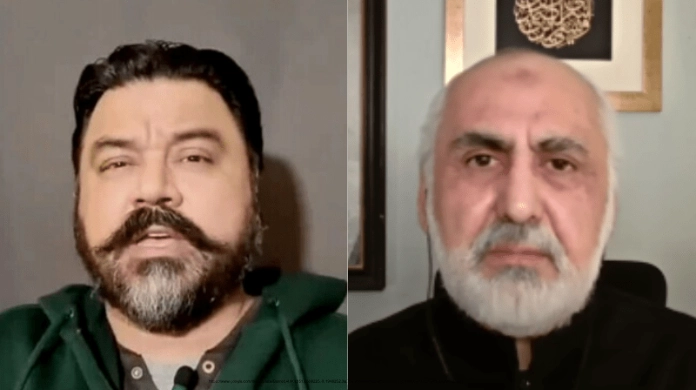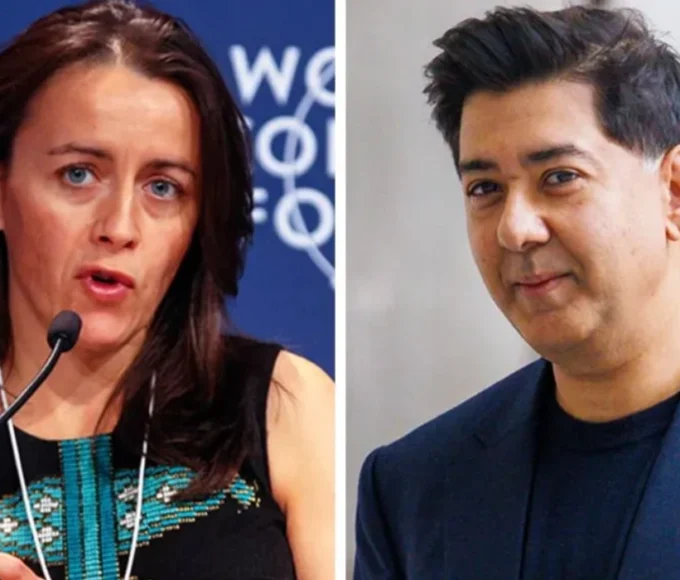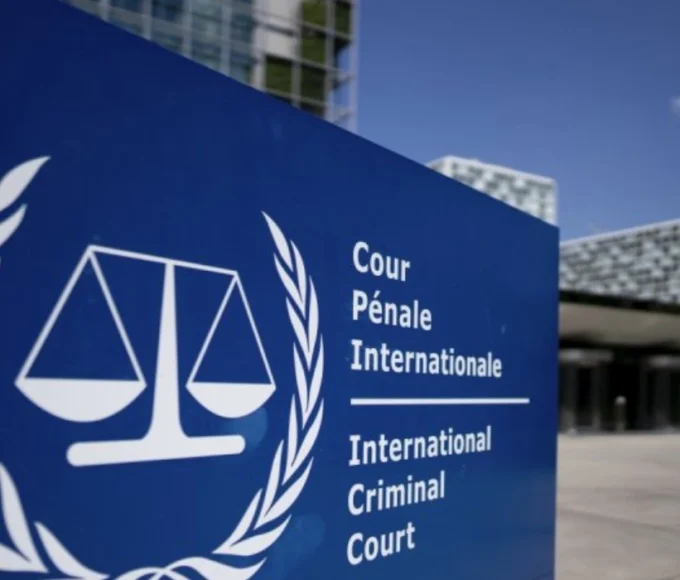The defamation trial between UK-based YouTuber and former army officer Adil Raja and retired Pakistani Brigadier Rashid Naseer commenced on July 21, 2025, at the Royal Courts of Justice in London. Raja faces allegations of publishing false claims accusing Naseer of corruption, electoral interference, and misuse of power during Pakistan’s 2023 general elections. Naseer has vehemently denied these charges and described the profound personal toll stemming from the accusations, including harassment and threats against himself and his family.
Set to continue until July 24, the trial has drawn widespread attention within the British Pakistani community and beyond, highlighting legal challenges around social media defamation and transnational reputation protection.
Background: The Origins and Scope of the Lawsuit
Adil Raja published nine statements on YouTube, Twitter, and Facebook that alleged serious misconduct by Brigadier Naseer, including rigging of elections and manipulation of the judiciary. In April 2024, the UK court ruled that nine of these statements were defamatory under English law, leading to the current trial focused on establishing the truthfulness and public interest of the claims.
Prior to trial, Raja has been subject to financial penalties for legal costs exceeding £16,000, along with additional fines totaling over £10,000 for procedural delays and failed legal motions. These judgments underscore the court’s emphasis on accountability in defamation cases.
Impact on Brigadier Naseer and Family
Brigadier Naseer provided detailed testimony about the adverse consequences following Raja’s publications. He revealed that threats and abuse directed at him forced him to relocate his children’s education from the UK to the United States despite their offers from prestigious British universities, including King’s College London. Naseer also shared that one individual arrested for attempting to assassinate him admitted being motivated by Raja’s statements, intensifying concerns about the real-world dangers of defamatory speech.
Naseer emphasized the emotional and psychological strain caused by persistent harassment and invasive breaches of privacy, and while he refrained from disclosing detailed evidence about threats for security reasons, the court acknowledged the gravity of these claims.
Legal Examination of Evidence and Defences
Deputy High Court Judge Richard Spearman KC directed close scrutiny on the nature of Raja’s claims, focusing on whether the statements were factual, amounted to protected opinion, or constituted falsehoods. Central to the trial is whether Raja can substantiate his allegations with verifiable evidence—a requirement under UK defamation laws for truth and public interest defences.
The trial also explores the balance between free speech and the protection of reputation in the digital age, especially considering Raja’s prominent position as a social media influencer and whistleblower.
Participants and Court Proceedings
Adil Raja participated remotely via video link, while Brigadier Naseer attended in person. Raja’s witnesses included former Pakistani accountability official Shehzad Akbar, and journalists Shaheen Sehbai and Syed Akbar Hussain, who gave evidence remotely from the United States.
The trial has attracted notable public and media interest, with a strong presence from the British Pakistani community. The courtroom mitigated space limitations by opening an additional room for observers, reflecting the case’s significance as a litmus test for social media accountability and defamation across borders.
Broader Implications and Context
This case highlights the challenges in regulating online speech where allegations can spread rapidly, often crossing jurisdictions and impacting individuals’ lives internationally. The legal process raises critical questions surrounding evidence standards, liability, and consequences for those who leverage online platforms to make serious accusations.
Observers note that the outcome may influence future defamation litigation involving social media personalities and could prompt further discussions on the responsibilities accompanying digital whistleblowing.
A Defining Moment for Online Defamation Law
The defamation trial of Adil Raja at London’s Royal Courts of Justice presents a pivotal moment at the intersection of social media freedom and reputational justice. How the court navigates evidentiary demands and legal defences will have a lasting impact on digital discourse regulation, particularly for figures engaging in political commentary and activism.
As proceedings unfold, the trial draws urgent attention to the real-world consequences of online defamation and the necessity for balanced protections in today’s increasingly connected and contentious public arenas.









